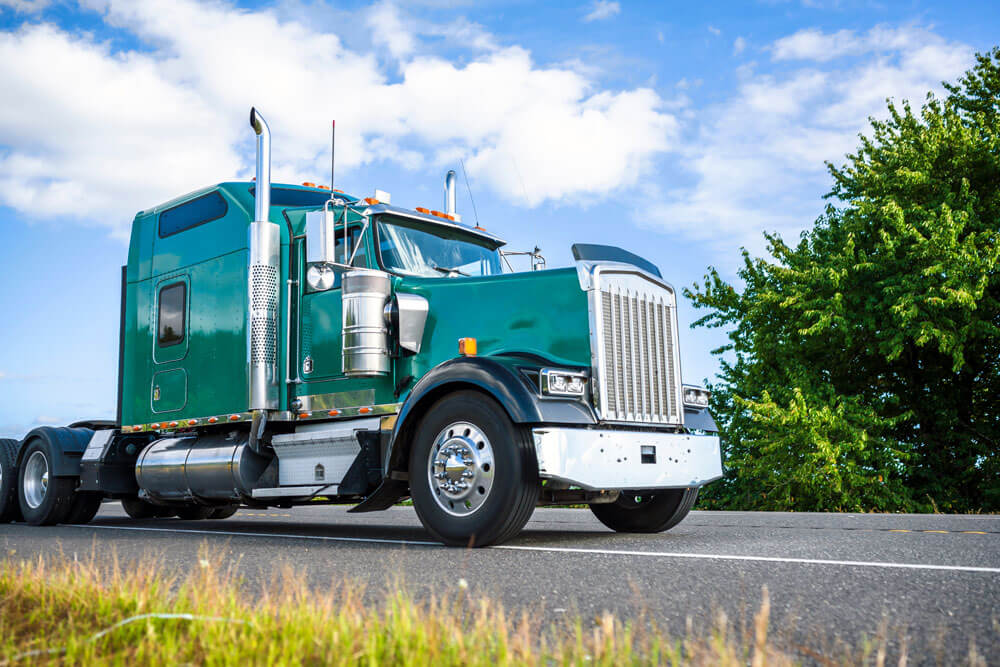If you’re a truck driver then understanding insurance is vital. Not only is the trucking industry heavily regulated, but not having the minimum required insurance can result in fines, penalties, and driver suspension. This is because the job is very high-pressured and considered safety-sensitive. Therefore, insurance is a must.
Two of the most important coverages in a truck insurance policy are primary liability and non-trucking liability. In this article, we’ll discuss the key differences between the two coverages. Let’s begin.
Primary Liability and Non-Trucking – What’s the Difference?
What’s Primary Liability?
Primary liability insurance covers any damages your vehicle or equipment causes to others. So, if you cause an accident then this coverage will pay for the other party’s property damage and/or medical bills.
Did you know that Texas has the largest number of trucking accidents in the US per year?
It’s a legal requirement for all truck drivers to have the minimum required primary liability insurance. The amount you need will vary depending on what you haul and your truck’s GVWR. Failing to have the minimum required insurance set by the FMCSA can get you in a lot of trouble.
If your truck’s gross vehicle weight rating is more than 10,000 pounds then you’ll have to adhere to the following requirements below:
| $750,000 | This is the minimum for most truck drivers hauling basic commodities. |
| $1,000,000 | Load brokers and auto haulers are required to have a minimum of $1,000,000 in liability coverage. |
| $5,000,000 | If you haul hazardous materials then you’ll likely need a minimum of $5,000,000. |
It’s important to note, each state may have different minimum insurance requirements so you must verify in all the ones you conduct business in. Also, some shippers have their own standards that are higher than the minimum requirements set by the federal government.
What’s Non-Trucking Liability?
Non-trucking liability insurance protects you when you’re driving your truck for non-work reasons. For example, say you drive your truck to the grocery store one morning or to a restaurant one evening while off-duty. If you were to get into an accident and cause property damage or injure someone then you won’t be covered by your primary liability insurance through your carrier.
In most cases, the trucking company you work for will require you to have non-trucking liability so they won’t be held responsible for any damages you cause off-duty.
It’s important to note, this policy only applies when you’re operating your truck for non-commercial purposes. Your primary liability won’t protect you in this situation.
Bottom Line
Truck drivers must have primary liability insurance to operate legally. However, since it doesn’t cover any damages that occur off-duty then you must opt for non-trucking liability as well. This is considered a secondary insurance policy which is intended to protect motor carriers and drivers from any costly insurance claims.
By opting for primary liability and non-trucking liability, you can rest assured knowing you’re protected in all scenarios. The main benefit of getting insurance is to safeguard you and your assets, so make sure you have the necessary coverage.


